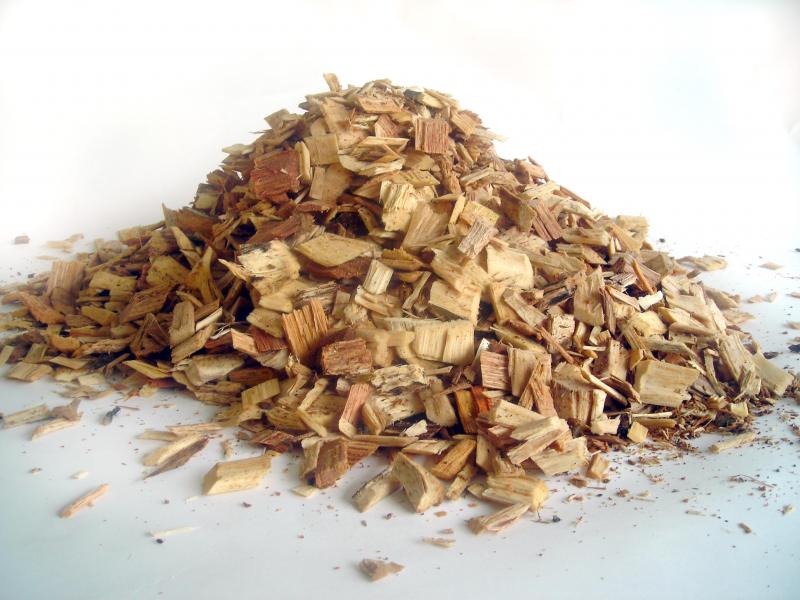FWP:
SETS
FLAME/STRAW: {21,5}
INDEPENDENCE: {9,1}
Flame, and straw or wood-chips, go together in ways that work very well for Ghalib. Like {21,5}, this verse too plays with furoġh , in its related meanings of literal brightness or flame (fire), and metaphorical brightness or radiance (glory). In both senses, of course, the wood-chips are dependant on the furnace: for the literal flame that will make them glow with radiance, and for the metaphorical glory of being recognized as fuel for a higher purpose.
The word t̤ālaʿ (see the definition above) also adds to the word- and meaning-play. It means 'rising, arising', the way wood-chips, shavings, leaves, and other such odds and ends of the garden turn into flame and ascend into the air; it means 'star', a brilliant source of fiery radiance; and it means 'fortune' in general and 'good fortune' in particular (see the definition above); all these senses are elegantly appropriate to the verse.
Is this advice from Ghalib to himself? Many such verses use the intimate tū -- see for example {13,1}-- as does this one. And the 'you' so addressed is one whose own reality or deepest truth [apnī ḥaqīqat] consists in finding oblivion, rather than finding a 'real' self. Or rather, the paradoxical advice emerges that the supreme, longed-for reality is nothingness, which is to be embraced with the ardor shown by the Moth flying into the candle flame. Or, of course, the ardor of the wood chips gladly 'confiding themselves' to their momentary blaze of fiery glory and brilliant death. The first line is a general piece of inshāʾiyah advice, with the second a particular illustration or proof of its rightness.
This verse also fits into the series of verses
in which the speaker enjoins the listener (himself? all of us?) to borrow
nothing from others, for one should seek only what is one's own. One should
prefer one's own insights or talents, rather than becoming indebted
to those of others and living with a merely derivative sense of self. In this
verse, the logic is pushed as far as it will go: the verse tells us that
our only 'real' self is to be found in oblivion. Or maybe in the splendid,
rakish, climactic gesture with which we 'confide ourself' [sauñpnā]
to oblivion?

Nazm:
That is, seek freedom in oblivion in God. (65)
== Nazm page 65